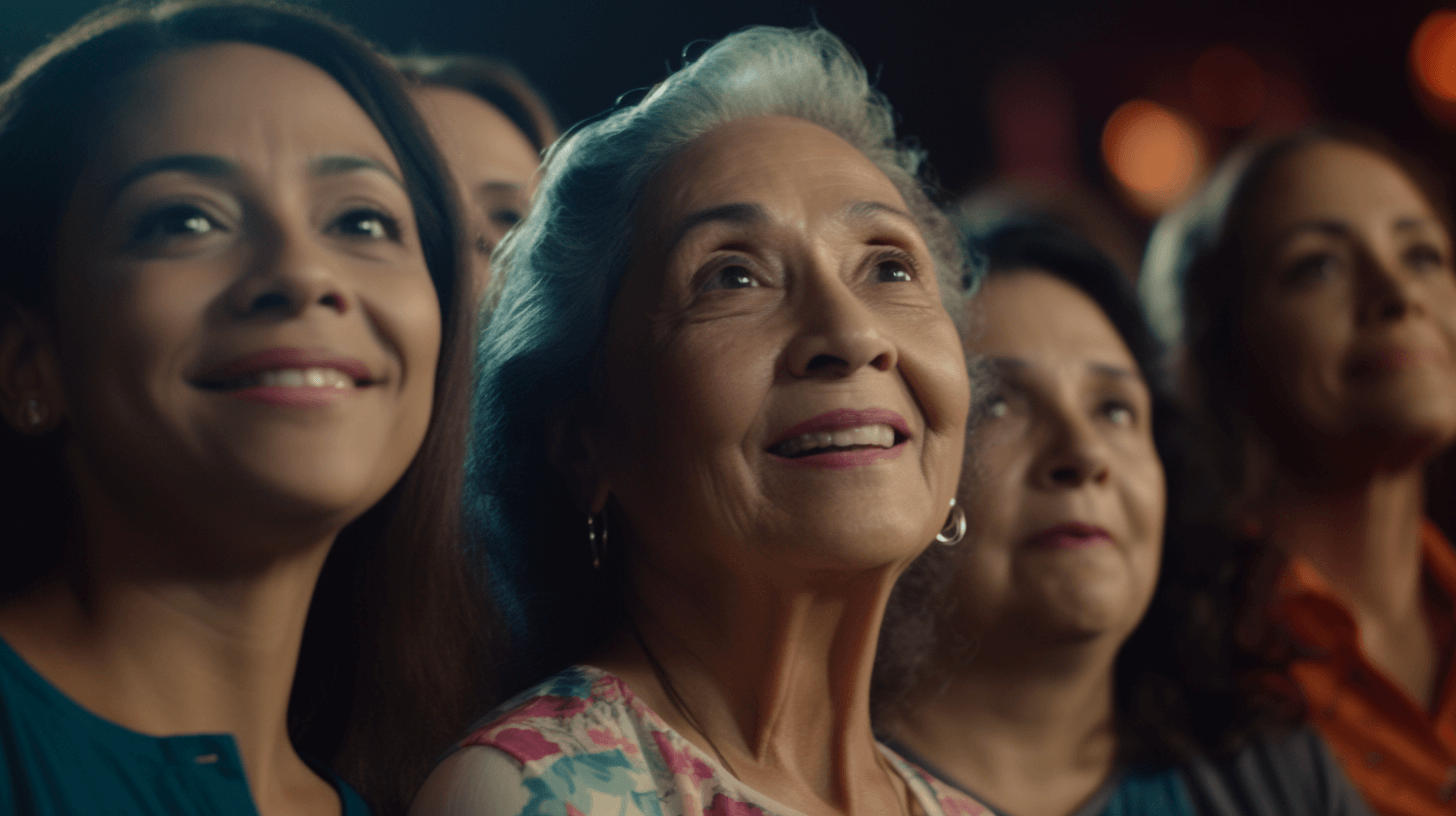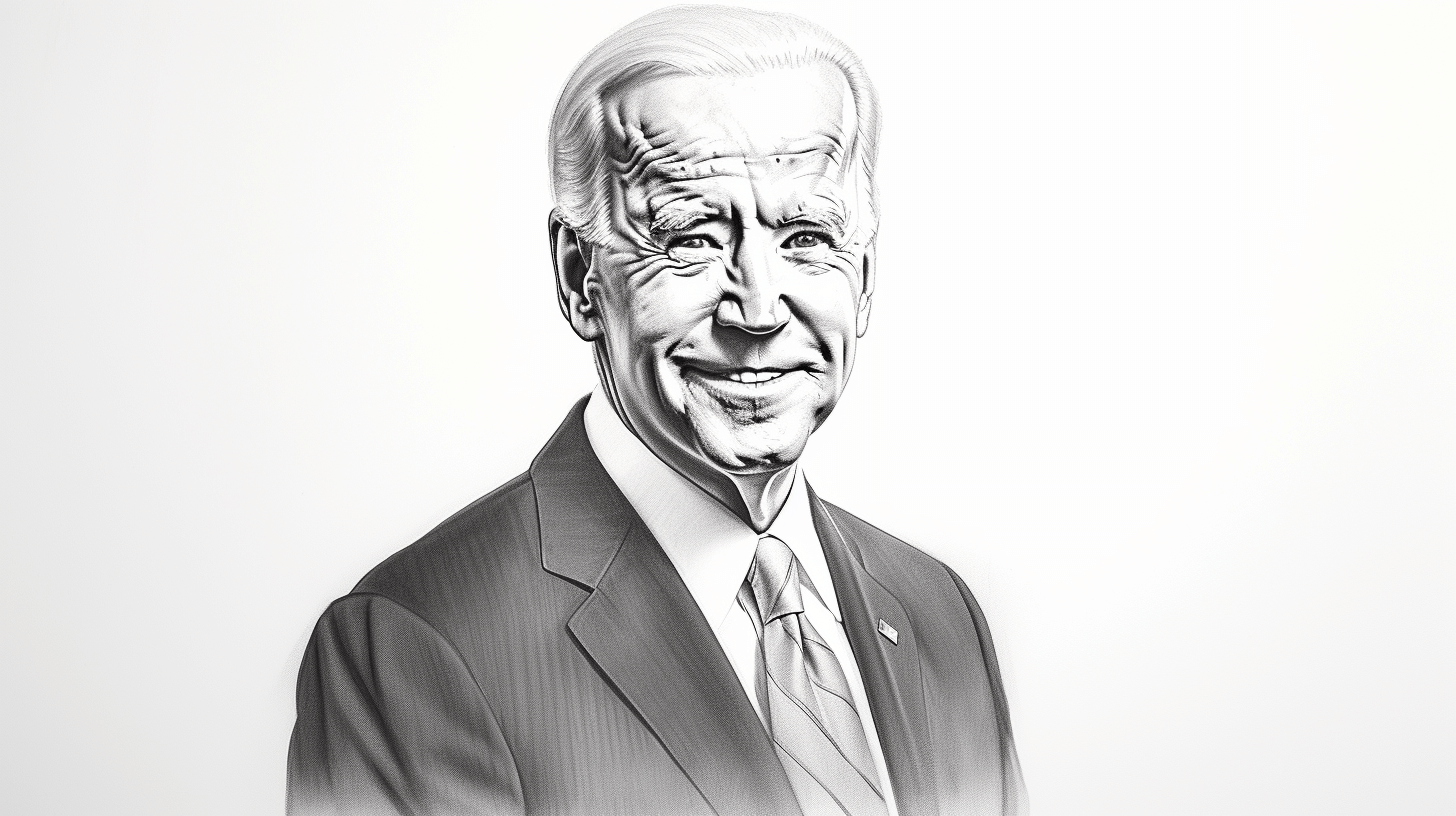🌺🙏 Da Big Powah Lady, Gloria Molina, Gone, 74 Yea Old
Brah, one wahine we all rememba, Gloria Molina, she pau at 74. She one major Latina politician, made some big kine waves in California an da rest of da mainland. Tree times she went all in, an each time she da first Latina to do ’em. 🏆💪
Molina wen go all out fo da peepo she represent, no matta if had to buck da powahs dat be. She wen go sleep fo da last time on May 14 inside her hale up Mount Washington side, right in Los Angeles. Da ohana wen go Facebook an tell all da friends an supporters dat da cancer wen finally take her. ☹️🎗️
Ever since she wen let everybody know she get da big C, all kine peepo, odda politicians, her supporters, an da California news guys wen write plenny ’bout her an all da good she wen do. Da big dogs fo da Los Angeles Metro wen vote fo name one train station afta her, right in East Los Angeles. Den, dis place called Casa 0101, dey get one performing arts thing going on, dey wen go name their main stage da Gloria Molina Auditorium. An dat Grand Park, right in da middle of downtown Los Angeles, she wen help make ’em happen back in 2012, now dey calling it Gloria Molina Grand Park. 🚉🎭🏞️
All dese aloha fo Molina, dey proof she was one of da most powahful Latina politicians around. She wen do all dat during one time when had few Latinas running things. 🌟👩💼
Back in 1982, afta she wen work fo odda politicians, including Maxine Waters, she wen be da first Latina elected to da California Assembly. She wen run fo dat even when da big dogs in Eastside Los Angeles County had one odda guy dey liked, Richard Polanco. But she wen beat him in da Democratic primary, and she wen beat da Republican in da general election, no problem. 🏛️💥
Had da same kine thing in 1987 when she wen run fo da Los Angeles City Council. Da big dogs had one odda guy, Larry Gonzalez, but she wen beat him and one odda guy. She wen be da first Latina council member. 🏛️💫
Then, in 1991, she wen score like one hat trick, she wen be da first wahine fo get elected to da big powahful Los Angeles County Board of Supervisors. (Back in 1979, Yvonne Brathwaite Burke wen be da first wahine on da board when she wen get appointed afta one guy wen retire.) ‘Bout one thousand supporters wen show up when she wen get sworn in. 🏅👏
“We gotta look forward to da time when one person’s ethnic background or gender no need be one historical footnote,” Molina wen say. “An dis election is one odda step in dat positive path to da American promise.” 🌈💼
Molina, she wen serve on da board till term limits wen say she gotta go in 2014. She was right, her victory was no small kine thing; today, all five supervisors are wahine. 💃🔥
Roz Wyman, she was one groundbreaker too — in 1953, when she was only 22, she wen be da youngest person ever elected to da Los Angeles City Council — she wen reflect on Molina’s “firsts.”
“We had one saying back den: ‘Can one wahine break da glass ceiling?'” she wen say. “She not only wen break ’em, she wen bust ’em in every way you could possibly bust one glass ceiling.” 👊💥
Gloria Molina, she was born on May 31, 1948, in Montebello, one suburb of Los Angeles. Her faddah, Leonardo, he was one construction worker, born in Los Angeles but wen grow up in Casas Grandes, Mexico. Her maddah, Concepción, she was one homemaker from Mexico. Da two of dem wen come ova from Mexico in da 1940s, an Gloria was da oldest of ten kids. 👪🇲🇽
“She was almost like a second maddah in da family,” Molina’s daughtah, Valentina Martinez, wen say in one video ’bout her maddah made in 2020 fo da Mexican-American Cultural Education Foundation. “She wen do everything. She wen tell me dat she would come home from school every day an make tortillas fo her braddahs an sistahs. She no get fo have fun or go to afta-school programs. She was always doing da hard work, making sure everybody was taken care of, changing diapers, cooking, doing all of dat. So she was one tough wahine from da very beginning.” 👩🍳💪
She wen grow up in one very traditionally Chicano family. “Da expectations were dat you were going to get married and have keiki,” she wen say in one oral history recorded in 1990 fo da Online Archive of California. “You no going to go on to be anything odda than maybe what your maddah was.” But she wen tell her maddah dat she didn’t want fo get married young; she wanted to travel and work and get her own place. Her maddah thought she was kinda kolohe. 🌍👠
She wen study fashion design at Rio Hondo College, in Whittier, Calif., an took courses at East Los Angeles College an California State University, Los Angeles, but she no get one degree cuz most of dat time she wen also gotta work full time to support herself, including as one legal secretary fo five years. She wen join in da student activism of da 1960s an early ’70s, demonstrating against da Vietnam War an fo Chicano rights. 📚🎓✊
One thing she wen realize, she wen say in da Cultural Education Foundation video, was dat those activism movements were mostly led by men an “really no allow da wahine to have any role whatsoever.” She wen band with odda Chicana wahine try to change dat culture. 👭🔁
“We were Chicana feminists when there weren’t any around,” she wen say. 👩🎤✌️
She wen get into politics, working fo some big kine figures an, in 1982, deciding to go fo da assembly seat ova da objections of da male political big dogs. She an her Chicana supporters knew it would be one hard fight. “We wanted to destroy everything dat dey had said I could not do,” she wen recall in da oral history. “Like I said, we always accepted da fact dat we needed to work twice as hard; we really physically wen out an did dat.” 👩💼🎇
In her career in da State Assembly, she wen tell The Los Angeles Times in 1987, she took pride in “being a fighter, one who no just go along with da program cuz dat’s how da pressure is being applied.” Dat was fo sure true fo her signature issue during her assembly years — her opposition to a proposal to build a prison in her Eastside district, a plan whose proponents included Gov. George Deukmejian. 🏛️🥊
She wen win dat fight, one big kine one. “She stopped da 100-year pattern of dumping negative land-use developments on da Eastside,” Fernando Guerra, da director of da Center for the Study of Los Angeles at Loyola Marymount University, wen say in one phone interview. 📞🏢
In da process, she wen earn one reputation fo being tough an uncompromising dat wen stick with her throughout her political career. “Just listen to her talk,” Sergio Munoz, then the executive editor of da Spanish language daily La Opinion, wen tell The New York Times in 1991, shortly afta Molina wen win election to da Board of Supervisors. “Listen to her answer questions. You going to get one direct answer, whether it affects odda interests or compromises someone else.” 📰🗣️
Afta leaving da Board of Supervisors, Molina wen make one more try fo political office, challenging José Huizar, one incumbent, fo his Los Angeles City Council seat in 2015. She wen lose. Mr. Huizar lata wen plead guilty to corruption charges. ⚖️
Though no longa in office, Molina wen stay active in various causes. In 2018, she was among one group protesting outside one Academy Awards luncheon in Beverly Hills, slamming da scarcity of Hispanic characters in films. 🎥🚫
“Da movie industry should be ashamed of itself,” she wen say den. 😠🎬
In addition to her daughtah, Molina is survived by her husband, Ron Martinez; her siblings, Gracie Molina, Irma Molina, Domingo Molina, Bertha Molina Mejia, Mario Molina, Sergio Molina, Danny Molina, Olga Molina Palacios and Lisa Molina Banuelos; and one grandson. 👨👩👧👦❤️
Professor Guerra wen note dat Molina, in her various elections, faced da task of convincing voters to choose her ova anoddah Latino candidate. “What she had to show was, of da odda Latinos dat were running, she was da one who was going to represent them betta,” he wen say. “Her secret sauce was dat she wen come across as incredibly authentic, an she was a populist.” 🏆🗳️
“Her only interest, an it wen come across,” he wen add, “was da community.” 🏘️🤝
NOW IN ENGLISH
🌺🙏 The Big Power Lady, Gloria Molina, has passed away at 74 years old.
The woman who introduced Molina’s resolution — the first ever by a Latina to the Los Angeles City Council — reflected on Molina’s groundbreaking accomplishments.
“We had one saying back then: ‘Can a woman break the glass ceiling?'” she said. “She not only broke it, she shattered it in every way you could possibly shatter a glass ceiling.” 👊💥
Gloria Molina was born on May 31, 1948, in Montebello, a suburb of Los Angeles. Her father, Leonardo, was a construction worker, born in Los Angeles but raised in Casas Grandes, Mexico. Her mother, Concepción, was a homemaker from Mexico. The two of them immigrated from Mexico in the 1940s, and Gloria was the oldest of ten children. 👪🇲🇽
“She was almost like a second mother in the family,” Molina’s daughter, Valentina Martinez, said in a video about her mother made in 2020 for the Mexican-American Cultural Education Foundation. “She did everything. She told me that she would come home from school every day and make tortillas for her brothers and sisters. She didn’t get to have fun or go to after-school programs. She was always doing the hard work, making sure everybody was taken care of, changing diapers, cooking, doing all of that. So she was a tough woman from the very beginning.” 👩🍳💪
She grew up in a very traditional Chicano family. “The expectations were that you were going to get married and have kids,” she said in an oral history recorded in 1990 for the Online Archive of California. “You’re not going to go on to be anything other than maybe what your mother was.” But she told her mother that she didn’t want to get married young; she wanted to travel and work and get her own place. Her mother thought she was rebellious. 🌍👠
She studied fashion design at Rio Hondo College, in Whittier, California, and took courses at East Los Angeles College and California State University, Los Angeles, but she didn’t get a degree because most of that time she also had to work full time to support herself, including as a legal secretary for five years. She joined in the student activism of the 1960s and early ’70s, demonstrating against the Vietnam War and for Chicano rights. 📚🎓✊
One thing she realized, she said in the Cultural Education Foundation video, was that those activism movements were mostly led by men and “really didn’t allow the women to have any role whatsoever.” She banded with other Chicana women to try to change that culture. 👭🔄
“We were Chicana feminists when there weren’t any around,” she said. 👩🎤✌️
She got into politics, working for some big figures and, in 1982, deciding to go for the assembly seat over the objections of the male political heavyweights. She and her Chicana supporters knew it would be a hard fight. “We wanted to destroy everything that they had said I could not do,” she recalled in the oral history. “Like I said, we always accepted the fact that we needed to work twice as hard; we really physically went out and did that.” 👩💼🎇
In her career in the State Assembly, she told The Los Angeles Times in 1987, she took pride in “being a fighter, one who doesn’t just go along with the program because that’s how the pressure is being applied.” That was certainly true for her signature issue during her assembly years — her opposition to a proposal to build a prison in her Eastside district, a plan whose proponents included Gov. George Deukmejian. 🏛️🥊
She won that fight, a significant one. “She stopped the 100-year pattern of dumping negative land-use developments on the Eastside,” Fernando Guerra, the director of the Center for the Study of Los Angeles at Loyola Marymount University, said in a phone interview. 📞🏢
In the process, she earned a reputation for being tough and uncompromising that stuck with her throughout her political career. “Just listen to her talk,” Sergio Munoz, then the executive editor of the Spanish language daily La Opinion, told The New York Times in 1991, shortly after Molina won election to the Board of Supervisors. “Listen to her answer questions. You’re going to get a direct answer, whether it affects other interests or compromises someone else.” 📰🗣️
After leaving the Board of Supervisors, Molina made one more try for political office, challenging José Huizar, an incumbent, for his Los Angeles City Council seat in 2015. She lost. Mr. Huizar later pled guilty to corruption charges. ⚖️
Though no longer in office, Molina remained active in various causes. In 2018, she was among a group protesting outside an Academy Awards luncheon in Beverly Hills, slamming the scarcity of Hispanic characters in films. 🎥🚫
“The movie industry should be ashamed of itself,” she said then. 😠🎬
In addition to her daughter, Molina is survived by her husband, Ron Martinez; her siblings, Gracie Molina, Irma Molina, Domingo Molina, Bertha Molina Mejia, Mario Molina, Sergio Molina, Danny Molina, Olga Molina Palacios and Lisa Molina Banuelos; and a grandson. 👨👩👧👦❤️
Professor Guerra noted that Molina, in her various elections, faced the task of convincing voters to choose her over another Latino candidate. “What she had to show was, of the other Latinos that were running, she was the one who was going to represent them better,” he said. “Her secret sauce was that she came across as incredibly authentic, and she was a populist.” 🏆🗳️
“Her only interest, and it came across,” he added, “was the community.” 🏘️🤝







